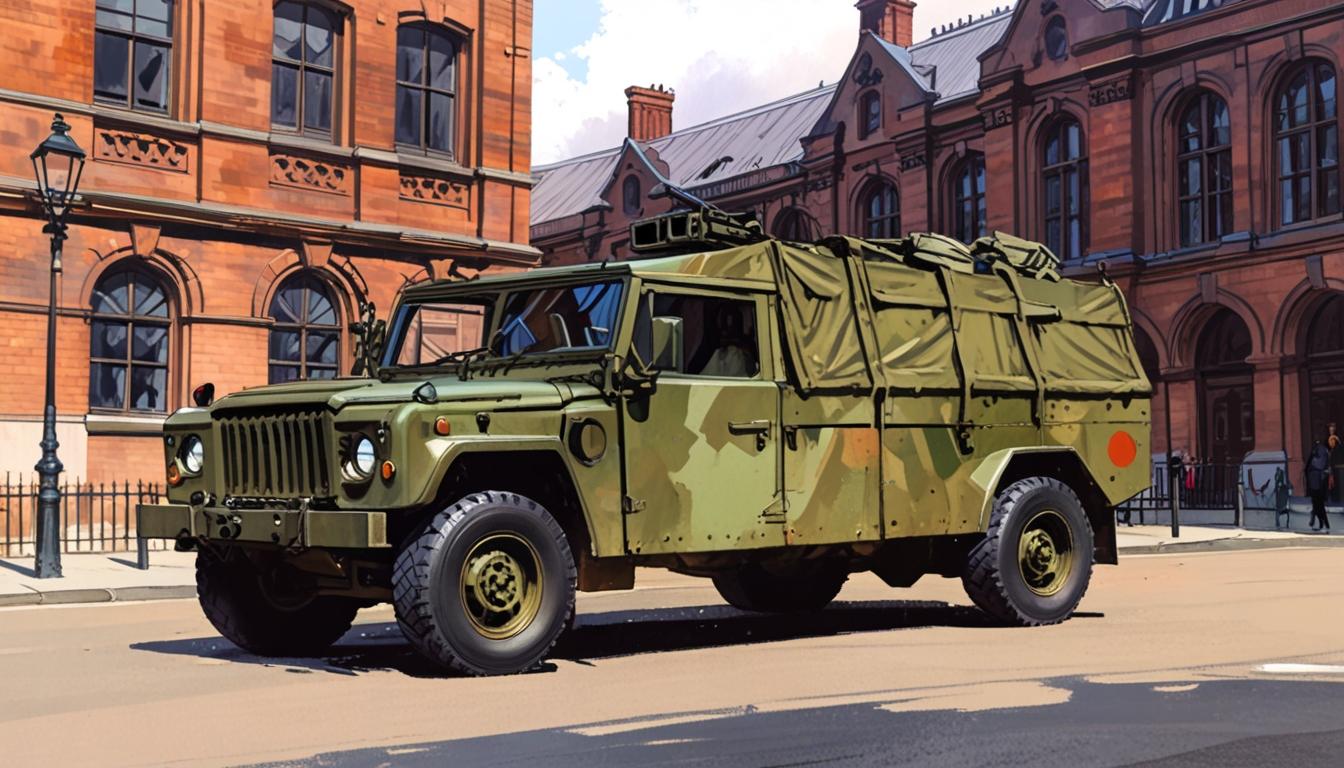Three British Army veterans, charged with shootings in Belfast more than five decades ago, have been deemed medically unfit to be returned for trial, a court was told. The case relates to incidents that occurred during the height of the Troubles in 1972.
Four former servicemen face prosecution. One, identified as Soldier F, stands accused of the murder of Patrick McVeigh on 13 May 1972, as well as the attempted murder of four other people during the same incident. Three others, known only as Soldiers B, C, and D, are jointly charged with attempting to murder two men in a separate shooting that took place the previous day in west Belfast.
The defendants were members of the Military Reaction Force (MRF), an undercover British Army unit deployed in Belfast at the time, which used unmarked vehicles to patrol the city before being disbanded the following year.
Patrick McVeigh, a father of six, was shot at the junction of Finaghy Road North and Riverdale Park South. Reports indicated he had stopped to talk to those managing a civilian checkpoint when the shooting occurred. Four other men were wounded in the same incident. The day prior, the other shooting took place on Slievegallion Drive.
The Public Prosecution Service initiated charges after reviewing evidence collected by the police. None of the accused attended Belfast Magistrates’ Court on the Wednesday when legal updates were provided.
District Judge Steven Keown was told that medical assessments commissioned for Soldiers C, D, and F concluded they were unfit to participate in the preliminary enquiry required to send the case for trial. The prosecution intends to seek independent medical reports to assess the defendants' fitness to answer statutory questions, a part of the procedure.
Soldier B’s representatives have not made any medical unfitness applications. His barrister, Mark Mulholland KC, stated, “From my client’s point of view he is fit…but there are clear admissibility issues.” These challenges are linked to other historic military statements central to the prosecution’s case.
Judge Keown proposed considering a voluntary bill of indictment, which would allow the case to move directly to the Crown Court without a preliminary hearing at the magistrates’ court, where the defence could then raise further objections.
The court adjourned the cases for six weeks, with the judge noting, “If, for argument’s sake, the prosecution accepts any of these defendants are not fit, then we are wasting a certain amount of time in this court.”
The Irish News (Belfast) is reporting the developments as part of ongoing legal proceedings linked to incidents that remain significant in Northern Ireland's historical context.
Source: Noah Wire Services
